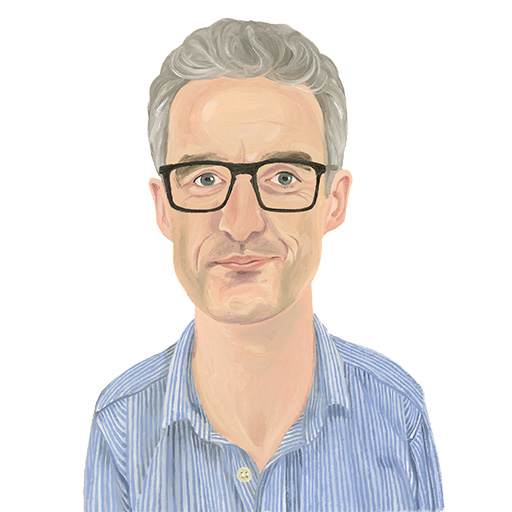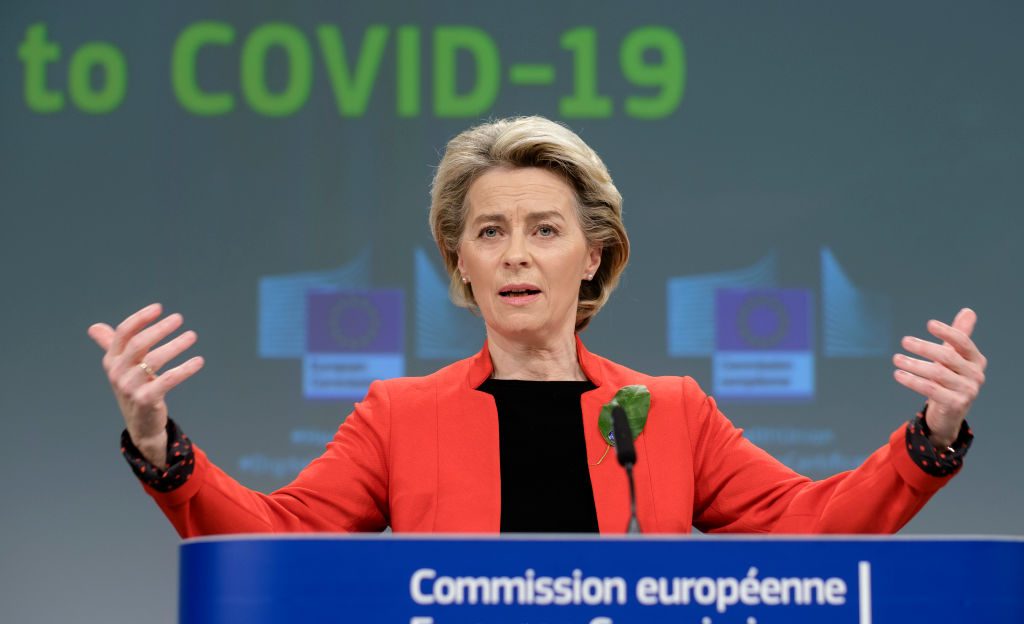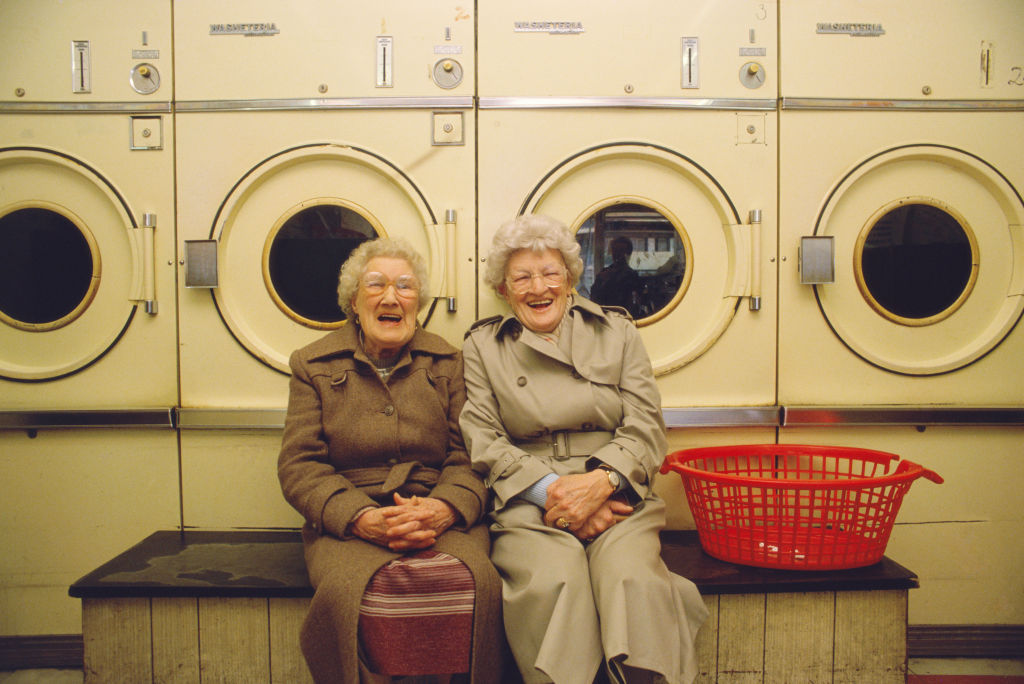So much for the Irish rebel spirit. Even having an alcoholic beverage appears to be pushing the envelope too far these days —at least in terms of doing so without the state wagging its admonishing finger at you.
Come 2026, Ireland is set to become the first country in the European Union to ensure that all alcohol products carry labelling about the health implications and risks — from calorie counts to the the dangers of liver disease and developing cancers — of imbibing a beverage to take the edge off your day.
Based on its current legislative agenda, Ireland appears to be at the vanguard of a progressive push. A well-coordinated Left-leaning group of NGOs is deeply embedded with the Irish government and exerting significant influence in pushing the new consensus, reports UnHerd.
Ireland “leads the way as the first country in the EU to introduce comprehensive health labelling of alcohol products”, according to the World Health Organisation. It says this will “empower individuals to make healthier choices” (though countries such as Italy don’t appear impressed, arguing the regulatory move would negatively impact wine producers).
“We commend Ireland for their progressive approach in prioritizing public health and setting a precedent in the EU with the introduction of mandatory alcohol labelling,” says Carina Ferreira-Borges, regional adviser for Alcohol, Illicit Drugs and Prison Health at WHO/Europe.
When the label of “progressive approach” is rolled out, especially when coupled with talk of “prioritising public health”, it’s hard not to feel wary these days. For the “progressive approach” increasingly appears to be wielded to promote civil liberty-curtailing agendas, such as no-platforming, cancel culture, repression of religious liberty and more in the name of making our world a better place.
And it was the Protect Public Health shibboleth that turned Covid-19 into an authoritarian overreaction that suffocated our societies, with unintended consequences set to play out for years if not decades. Not to mention how those lockdowns themselves often fuelled more harmful drinking practises — contributing to an increase in domestic violence — among a whole range of bad habits induced by state-enforced loneliness and despair.
New research shows that lockdowns fuelled “a staggering rise” in teenage eating disorders and self-harm, reports the Daily Telegraph. They lend weight to the previous criticisms and warnings of lockdown-sceptics such as Laura Dodsworth, author of A State of Fear: How the UK government weaponised fear during the Covid-19 pandemic.
These studies make me feel rage. We will never be able to count the cost of lockdown. Our children and teenagers were sacrificed. The pain of the impotent warnings has been too much.https://t.co/5bc9koZVjF
— Laura Dodsworth (@BareReality) June 21, 2023
For those of us outside Ireland, the warning signs about the shift away from Ireland being the land of indomitable spirit became clearer during Covid-19. Ireland imposed one of the most draconian responses during the pandemic.
Since then — perhaps buttressed by what the social engineering experiment during the pandemic revealed about what could be got away with by those in power in an age of instant saturation news bombing and fear mongering — the Irish government has pushed radical pro-LGBTQ+ ideology within Ireland’s institutions. Teachers are being urged to lecture children about various gender and gender identify issues. Hospital staff are being encouraged to use newly-created gender-neutral pronouns, including ze and zir (it’s a long way from the literary tradition that gave the world the poetry of W.B. Yeats, Patrick Kavanaugh, Louis MacNeice and many others).
The Irish government is considering killing 200,000 cows in a bid to combat climate change, citing European legislation as the basis for such policy.
Ireland’s new “hate speech” bill has been singled out as a particularly troubling example of an international crackdown on free speech in the Western world. Michael Shellenberger, the American best-selling author who ran as an independent candidate for governor of California, singled out the Irish law as a “totalitarian attempt to criminalize thought” in a May 6 Tweet:
The world is waking up to Ireland’s totalitarian attempt to criminalize thought: https://t.co/EGVtzWyqww
— Michael Shellenberger (@shellenberger) May 6, 2023
“[The new law] has the potential to effect the whole of Europe, even the world, given the prevalence of tech companies here,” Sarah Hardiman, spokesperson for Free Speech Ireland (FSI), an organisation defending the constitutionally-guaranteed right to freedom of speech and expression, told the Brussels Signal. “Google, Facebook, LinkedIn, they all have their European headquarters based here. The reach of it is huge.”
Ireland’s bill comes on the back of similar European hate-speech-based laws passed in other member states. According to ADF International, a faith-based legal advocacy organisation focusing on protecting fundamental freedoms, this trend could have “devastating effects on freedom of speech” in the bloc.
The reality in Ireland, as in most places, is that its populace holds “radically different opinions on the moral permissibility of abortion, the legitimacy of the institution of same-sex marriage, the power of the State to determine the curriculum of public schools, the rights of transgender persons and the place of faith in a modern society,” notes David Thunder in his Irish Times article ‘Progressive Ireland’ is a fantasy cultivated by elites.
As a result, he argues, it would only take “an intelligent and charismatic leader, and a few savvy political strategists, who know how to tap into the anger, frustration and resentment of disgruntled and alienated voters” to generate a “potent, homegrown version of populism” — as it would throughout the EU, and is happening. In Germany, the nationalist Alternative für Deutschland (AfD) opposition party continues to gain traction, and could take a position that calls for the dissolution of the European Union.
The No Fun Europe evangelists could well be sowing the seeds of their own destruction.
“Ireland was once one of the most traditional and religious countries in Europe, but it is now a guinea pig for woke totalitarian policies,” Shellenberger says.






As much as Europe’s liberal elites abhor America’s divisive abortion fights, they are here already